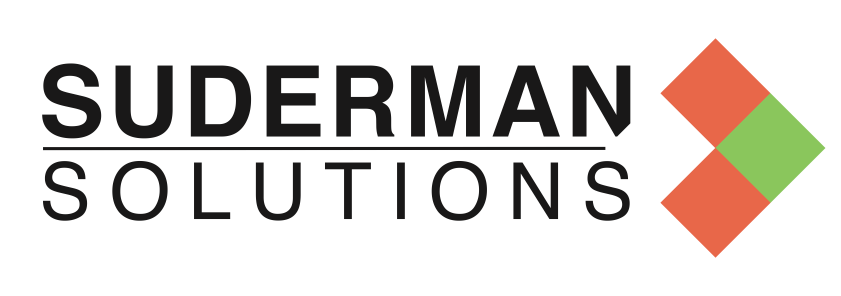1
KEY TERMS
AR (Augmented Reality) – A user is partially immersed in a virtual environment and partially in reality. Pokeman Go is a popular example of AR.
Avatar – A virtual representation of human users in the physical world.
BCI (Brain-computer interface) – The implanted connection of computer technology with brain function.
BFSI (Banking Financial Services and Insurance) – A vertical market for the Metaverse.
Blockchain – Also called Decentralized Ledger Technology (DLT’s). It is a record of transactions that are maintained across several computers that are linked in a peer-to-peer network. This is a foundational Metaverse driver and the Appendix contains more details.
Cryptocurrency – A digital currency in which transactions are verified and records maintained by a decentralized system using cryptography, rather than by a centralized authority. Linked closely to blockchain technology.
DAO/Decentralized Autonomous Organizations – Groups centered on a specific mission that work in coordination according to a shared set of rules encoded on a blockchain.
DeFi – Decentralized finance.
Digital currencies – See cryptocurrency
Digital Wallet – A digital wallet, also known as e-wallet, is an electronic device, online service, or software program that allows one party to make electronic transactions with another party bartering digital currency units for goods and services.
DLT (Distributed Ledger Technology) – Also called blockchain.
Drivers of change – Social, technological, economic, environmental, and political/legal factors which impact the implementation of a new idea or technology (positively or negatively).
ETF (Exchange Traded Fund) – An exchange-traded fund and exchange-traded product traded on stock exchanges.
FOMO – The Fear of Missing Out.
Game Theory – A key concept that drives both blockchain and crypto functionality.
Interoperability – The ability of computer systems or software to exchange and make use of information across different platforms, systems, and companies.
Governance – A framework for establishing accountability, roles, decision-making, and change management authority for a platform or organization’s digital presence.
Horizontal Market – A horizontal market is a market in which a product or service meets a need of a wide range of buyers across different sectors of an economy. Also ee Vertical Market.
Market Cap – Share price multiplied by the number of shares outstanding.
Market Cap (Crypto) – The total value of all the coins that have been mined. It’s calculated by multiplying the number of coins in circulation by the current market price of a single coin.
Metaverse – A digital ecosystem built upon a blend of technologies that facilitate a persistent and immersive convergence of the physical and digital worlds where users can interact in real-time through a three dimensional avatar experience characterized by interoperability across different platforms.
Metanomics – The economics of the metaverse.
MR (Mixed Reality) – Immersive computer-generated environments in which elements of a physical and virtual environment are combined.
Multiverse – A hypothetical collection of different universes or an ecosystem with different virtual worlds, where each world has distinct laws, traits, and properties.
MMORPGs – Massively multiplayer online role-playing games.
NFT’s – Non-fungible tokens. Unique cryptographic tokens that exist on a blockchain and cannot be replicated See the appendix for more details.
Play-to-earn – A concept of gaming in which a platform provides its players with a chance to earn any form of in-game assets that can be transferred to the real world as a valuable resource.
Semantic Web – Another term for web. 3.0.
Silos – Where data is kept and segregated from other parts of the architecture. Often refers to a version of the Metaverse called the Multiverse.
Smart Contract – A computer program or a transaction protocol which automatically executes, controls legally relevant events and actions according to the terms of a document, contract, or an agreement.
Social Commerce – Social commerce is the use of social network in the context of e-commerce transactions.
The Turing Test – A test for the intelligence in a computer. It requires that a human being should be unable to distinguish the machine from another human being by using the replies to questions put to both.
Vertical Market – A vertical market is a market in which vendors offer goods and services specific to an industry, trade, profession, or other group of customers with specialized needs. Also see Horizontal market.
VR (Virtual Reality) – A user is completely immersed in a virtual reality and environment. Different that AR where the user is only partially in a virtual environment.
Walled Garden – A restricted range of information to which subscribers to a particular service are limited. Fortnight is a Walled Garden. The opposite of this is
Web 3.0 – The third generation of internet services for websites and applications that will focus on using a machine-based understanding of data to provide a data-driven and Semantic Web.
XR (Extended Reality) – XR integrates digital and physical to various degrees, e.g., augmented reality (AR), mixed reality (MR), and virtual reality (VR).
